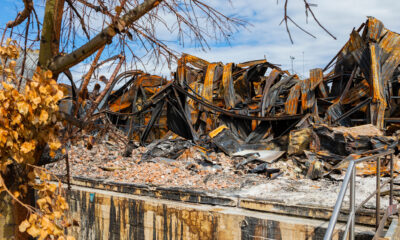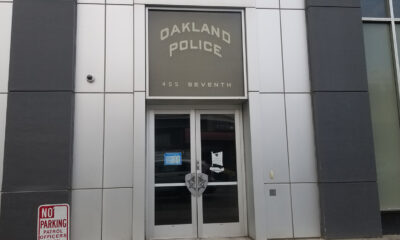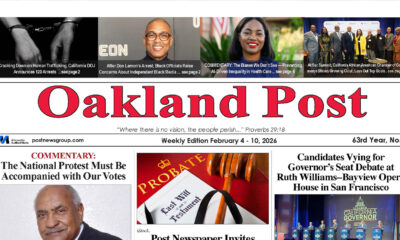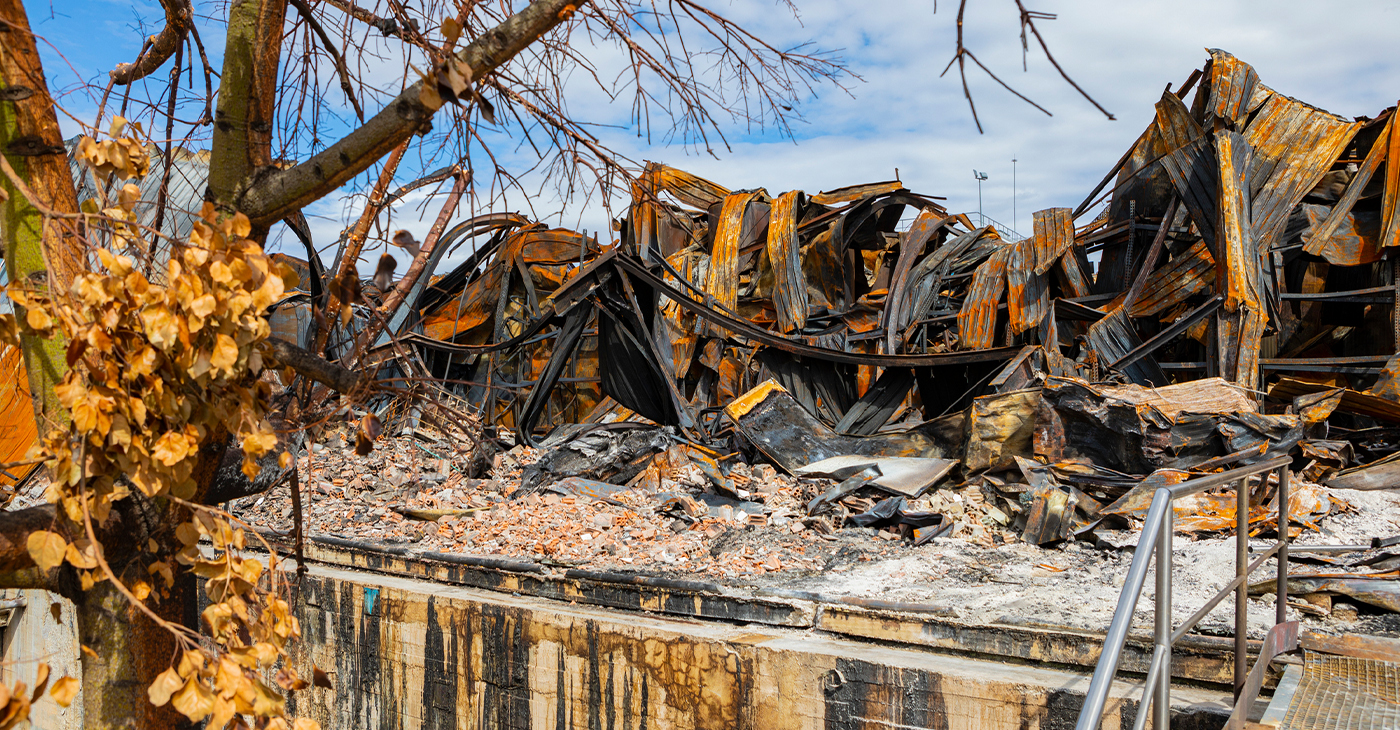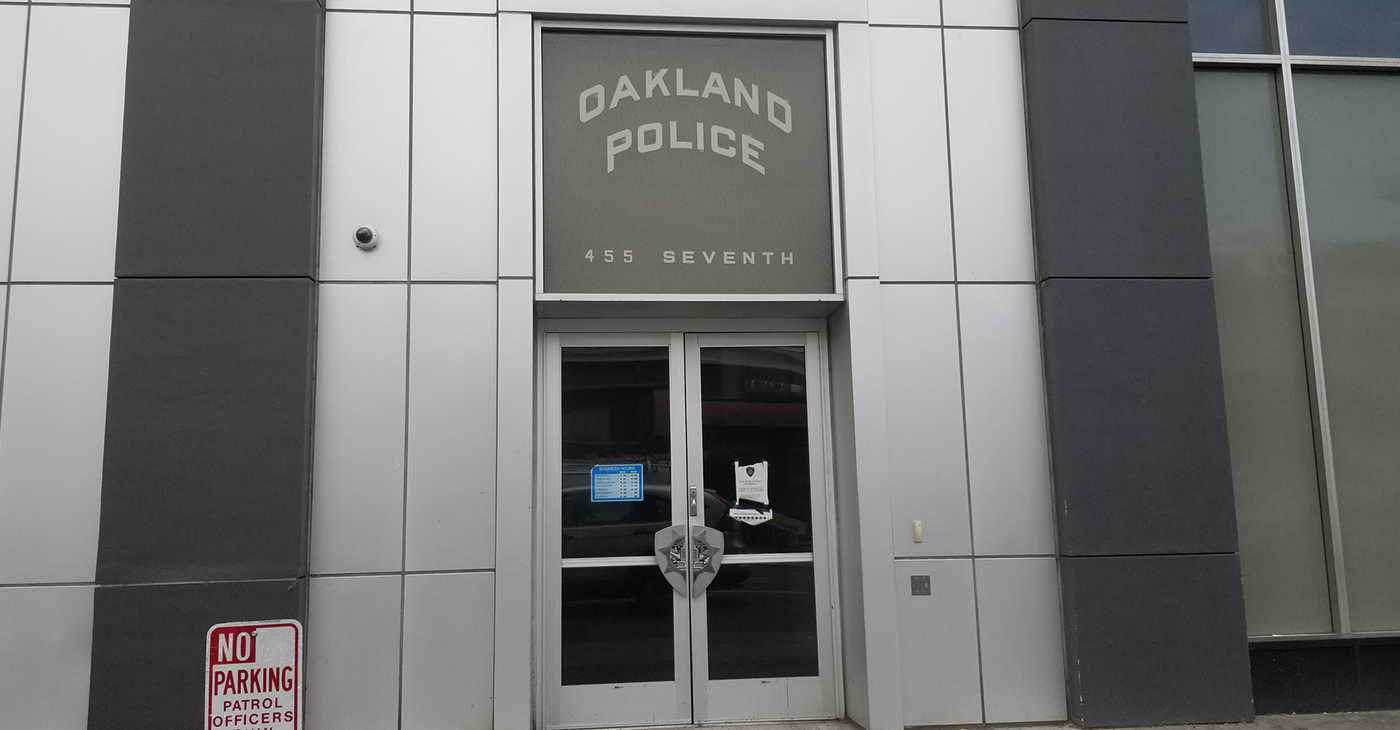By Joe W. Bowers Jr.,
Edward Henderson
California Black Media
Black Women’s Group Tour on Economic Empowerment to Make Stop in Oakland
The California Black Women’s Collective Empowerment Institute (CABWCEI) is launching a statewide effort called “Conversations for Black Women — Building an Economic Action Plan Tour” in collaboration with the Bank of Montreal (BMO) lasting from the end of July until mid-November.
CABWCEI is a coalition of Black women whose goal is to amplify the voices of Black women everywhere and leverage their political power and in turn alleviate the political, economic, and safety challenges that they face.
The objective of the tour, organizers say, is to develop an economic action plan that helps Black women build wealth and overcome barriers through transformative policies and practices.
CABWCEI does this by ensuring that Black women are represented at every level of leadership particularly in the public sector, and by identifying, recruiting, and creating accessible resources.
This year’s tour will stop in six parts of the state, San Diego (July 29), Solano (Aug. 26), Sacramento (Sept. 23), Oakland (Oct. 14), Fresno (Oct.21), and the Inland Empire (Nov. 18) and offer a variety of opportunities, including mentorship programs, homeownership counseling, apprenticeships, job coaching, financial planning, and entrepreneurship support.
Tour partners include California Black Media and Black Women Organized for Political Action (BWOPA).
“BWOPA is delighted to partner in this much-needed enterprise,” said founding member Gay Plair Cobb. “Wealth building through entrepreneurship and related activities is essential to the economic advancement of Black women and to overcoming historic disadvantages we’ve faced as a result of systemic racism. We look forward to a much brighter economic future thanks to events such as these.”
Brenda Hudson, finance manager at the Oakland Post, thinks that tour will help Black women in Oakland.
“We have to develop a support system and have less competitiveness, so that we can build up generational wealth.” She also spoke about her own personal experience, explaining that her daughter lived with her for years, saving money, and now owns a four-bedroom house.
“That kind of community support is what is needed in order to rise up together. CABWCEI is trying to do that and more with their upcoming tour,” Hudson said.
Cathy Adams, president of the Oakland African American Chamber of Commerce, said that this tour and its objectives are much needed in the Black community and especially for Black women.
Investors and finance managers reach out to her frequently to talk about trust issues Black people have in seeking or receiving advice about money.
“This is a great opportunity for our women to learn how to maximum our return on our investment,” she said, especially as so many people are dealing with financial fallout from the pandemic.
The strategies that could be learned on the tour “can change the narrative … change the landscape on how we deal with money as a rule … so that all of us can be on top of the money train,” Adams said.
It’s a great time to get support without being what she termed “money-shamed” for not adequately investing or preparing for retirement or failing to read fine print.
“You can show up and invest — in yourself or with each other,” she said, “working with people you trust.”
— Post Staffer Daisha Williams contributed to this story.
Gov. Newsom Updates State’s Opioid Plan to Include New Deadly Drug “Tranq”
Gov. Gavin Newsom has updated his strategy to combat opioid abuse in California by introducing measures to address a new deadly drug xylazine, also known as ‘tranq’ on the streets.
This animal sedative is increasingly being mixed with fentanyl, making it even more deadly. According to data from the Centers for Disease Control and Prevention (CDC), the percentage of fatal opioid overdoses involving ‘tranq’ increased by 276%, from 2.9% to 10.9% between January 2019 through June 2022.
Newsom’s ‘Master Plan for Tackling the Fentanyl and Opioid Crisis’ focuses on holding the opioid pharmaceutical industry accountable, cracking down on drug trafficking and raising awareness about the dangers of opioids. The plan includes addressing emerging threats like ‘tranq.’
“California has an all-hands-on-deck strategy for tackling the fentanyl and opioid crisis impacting every community across our state,” said Newsom in a statement. “Education and outreach are critical tools in our arsenal to prevent tragedy, to connect people with treatment, and to fight the life-threatening stigma that stops too many people from getting help.”
California has allocated $30 million to fund the production of naloxone, the anti-overdose drug. Newsom has also increased anti-drug-trafficking operations, especially at the San Ysidro border crossing in San Diego, where a significant amount of fentanyl enters into the state.
AG Bonta Releases Reports on Crime, Juvenile Justice, Guns, Homicides and Use of Force
California Attorney General Rob Bonta announced the release of the annual Homicide in California, Crime in California, Use of Force Incident Reporting, Juvenile Justice in California, and Crime Guns in California statistical reports.
The reports contain statistics for 2022 as submitted by California law enforcement agencies and other criminal justice organizations.
Findings indicated 612 civilians were involved in incidents that involved the discharge of a firearm or use of force resulting in serious bodily injury or death.
Of those civilians: 48.4% were Hispanic. 25.3% were White, and a disproportionate 19.3% were Black. Black Californians account for about 5.72% of the state’s population.
In 2022, there were 2,206 homicides reported in the state, a decrease of 6.6% from 2361 reported in 2021. The rate of violent crime per 100,000 people increased by 6.1% from 466.2 in 2021 to 494.6 in 2022. The homicide arrest rate decreased by 5.9% in 2022 compared to 2021 and the violent offense arrest rate increased by 3.4% compared to 2021.
“Having access to good data is a cornerstone of responsible public policy. The data released today is essential for understanding, preventing, and combating crime,” said Bonta. “In 2022, California made significant progress toward reducing its homicide rates, but more remains to be done.
“While crime rates remain significantly below their historical highs, property and violent crimes continue to have devastating consequences for communities across the state.”
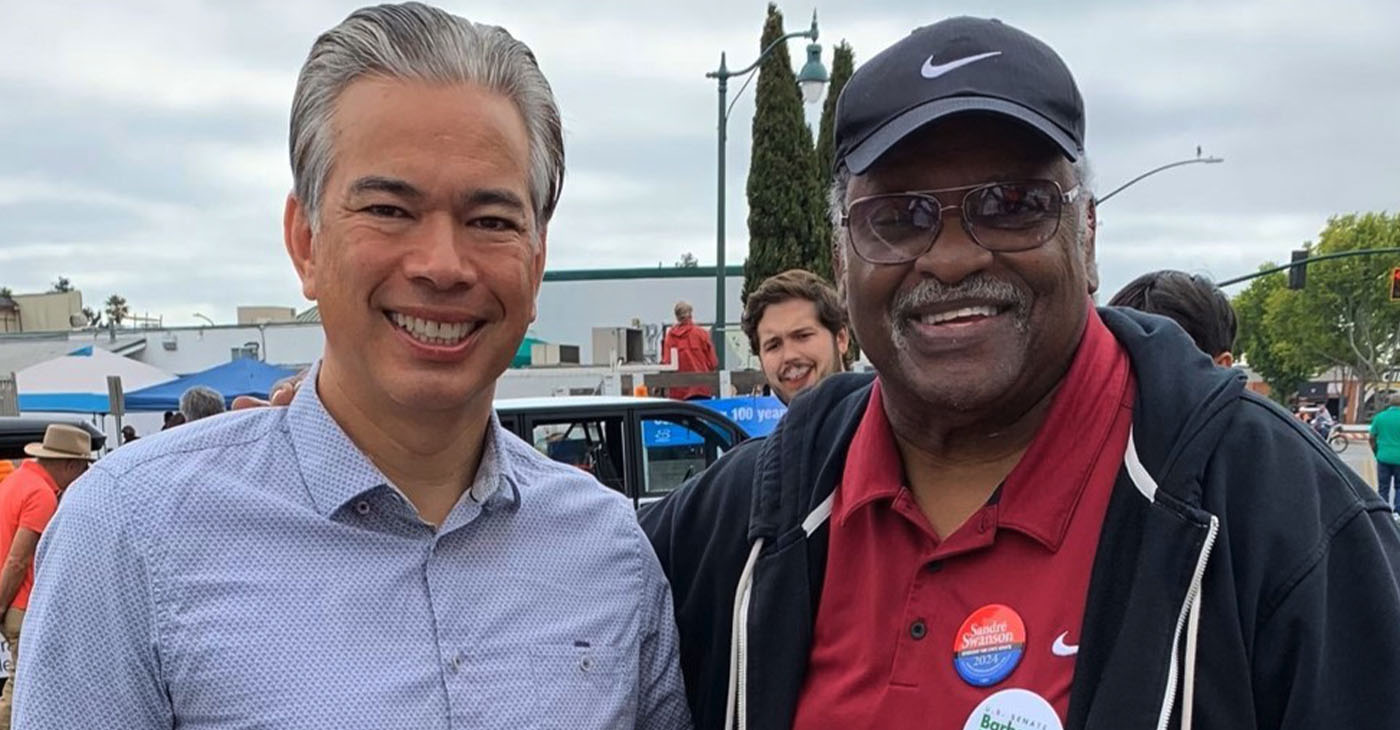

 #NNPA BlackPress4 weeks ago
#NNPA BlackPress4 weeks ago
 #NNPA BlackPress4 weeks ago
#NNPA BlackPress4 weeks ago
 Activism2 weeks ago
Activism2 weeks ago
 Activism2 weeks ago
Activism2 weeks ago
 Activism3 weeks ago
Activism3 weeks ago
 Activism2 weeks ago
Activism2 weeks ago
 Activism6 days ago
Activism6 days ago



